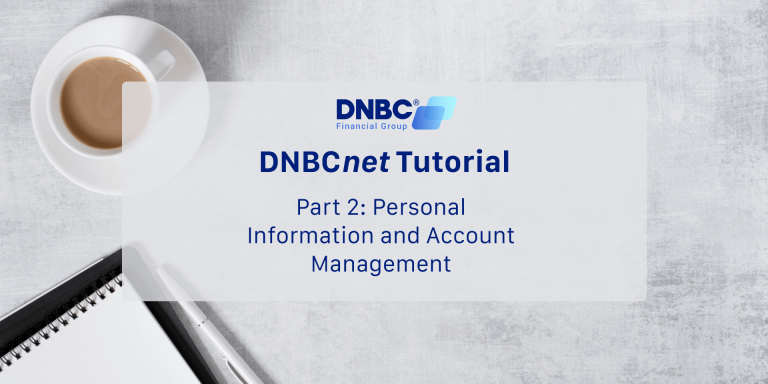With the advancement of technology and the rise of digital banking, people have access to several payment methods that can make their life easier. Two popular payment methods are wire transfer and electronic transfer. However, many people often get confused about the difference between wire transfer vs electronic transfer.
We are here to spot the difference between wire transfer and electronic transfer and which one is the best for your transfer needs.
The difference between wire transfer vs electronic transfer
Wire transfer and electronic transfer are two common methods of transferring funds, but they have some key differences that you should know before choosing one.
Wire transfer is a method of sending money directly from one bank account to another, usually through a network of banks or other financial institutions.
Wire transfers are typically fast, reliable, and safe, as they use encrypted communication channels and require verification of the sender and recipient’s identities. Wire transfers are also irreversible, meaning that once the money is sent, it cannot be canceled or refunded.
Electronic transfer is a broader term that refers to any method of transferring money electronically, such as through online banking, mobile apps, or payment platforms like PayPal or Venmo.
Electronic transfers can also be fast, reliable, and safe, depending on the service provider and the security measures they use. However, electronic transfers are usually reversible, meaning that the sender or recipient can dispute or cancel the transaction in case of fraud or error.
Spot the difference between wire transfer vs electronic transfer
Cost
Wire transfers usually involve fees from both the sending and receiving banks, which can range from $15 to $50 or more per transaction.
Electronic transfers are often free or low-cost, especially if the sender and recipient use the same service provider or have linked bank accounts.
Convenience
Wire transfers usually require the sender to visit a bank branch or use a phone service to initiate the transaction. They also need to provide the recipient’s name, bank name, account number, and routing number.
Electronic transfers can be done online or through a mobile device, and they only require the recipient’s email address or phone number.
Availability
Wire transfers can be sent and received almost anywhere in the world, as long as both parties have bank accounts.
Electronic transfers may have some limitations depending on the service provider and the country of origin or destination.
Some electronic transfer services may not operate in certain countries or regions, or may have restrictions on the amount or frequency of transactions.
Basically, wire transfer and electronic transfer are two different ways of sending money electronically. Wire transfers are more expensive but more secure and global than electronic transfers.
Electronic transfers are cheaper but less secure and more limited than wire transfers. Depending on your needs and preferences, you can choose the best option for your situation.
Which is better: wire transfer vs electronic transfer?
The answer to this question depends on your specific needs. If you need to transfer a large amount of money, then wire transfer may be the best option for you.
It is a secure and reliable method of transferring money, and the money is usually credited to the recipient’s account within a few days.
However, if you need to transfer a small amount of money, then electronic transfer may be the best option for you. It is fast, convenient, and cost-effective.
Electronic transfer is ideal for online transactions, bill payments, and other small transactions.
Online transfer with DNBC Financial Group
DNBC Financial Group offers its clients various options for online transfer services, allowing for a fast, secure, and convenient way to transfer funds to domestic and international recipients.
They also offer some tools available for international transactions (IBAN checker, Currency Converter , Invoice Generator) for free reference and exchange.
With online payment, clients can easily access their accounts and make transfers using a computer, tablet, or smartphone. This service allows clients to check their account balance, view transaction history, and transfer funds between their DNBC accounts or to other accounts.
DNBC Financial Group also offers international wire transfer services for clients who need to send money overseas. With DNBC’s international wire transfer services, clients can easily transfer funds to recipients in other countries.
In general, online transfer with DNBC Financial Group is a safe, secure, and convenient way to transfer money online. With DNBC Financial Group, you can transfer money from your account to any other account within minutes, from anywhere. If you are looking for a reliable and convenient way to transfer money online, then DNBC Financial Group is the right choice for you.
DNBC Financial Group is your trusted provider in international money transfer
- Get 100% free 1-on-1 support
- 100% free account opening
- Seamless onboarding process
Or please contact DNBC
Email: [email protected]
Phone Number:
- +65 6572 8885 (Office)
- +1 604 227 7007 (Hotline Canada)
- +65 8442 3474 (WhatsApp)



 DNBC Team
DNBC Team







